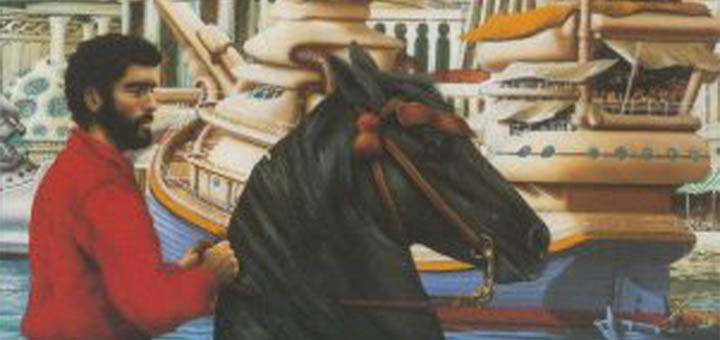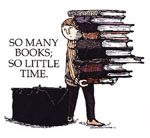I would guess that almost everyone reading this blog is familiar, to some degree, with Harper Lee’s To kill a mockingbird. The classic story of a good man (Atticus) in a bad world, trying to do his best, as seen through his young daughter (Scout’s) eyes.
And of course, then there is Boo Radley, the recluse next door. The possible bogey-man, lurking unseen in the Finch children’s lives.
 I first read To kill a mockingbird for school. It was on my Leaving course, [ref]I’m pretty sure it is on it again this year[/ref] and I remember enjoying it back then. But I never reread it since. Course I probably read through it a couple of times that year, I’d love to see my notes from the time, see what we were supposed to think was important.
I first read To kill a mockingbird for school. It was on my Leaving course, [ref]I’m pretty sure it is on it again this year[/ref] and I remember enjoying it back then. But I never reread it since. Course I probably read through it a couple of times that year, I’d love to see my notes from the time, see what we were supposed to think was important.
This year saw the publication of Go set a watchman, which some say is a sequel to Mockingbird. I’d disagree with that because supposedly Lee wrote Watchman first, then after it got rejected by a publisher turned that general idea into Mockingbird. SO in my mind, although the characters may share names and places they aren’t the same at all. I’m not sure I have much interest in reading Watchman to be honest, there is so much confusion and speculation over *how* it got published. And it isn’t supposed to be a great read. I’ll probably get around to it in a few years.
Back to Mockingbird. And I still really enjoyed it. Scout’s voice is just about perfect, remembering her six year old’s world and how she experienced all those events that she didn’t fully understand. How Jem knew that bit more than her, being older, and yet the two of them being so innocent in so many ways.
But, my enjoyment and appreciation of Mockingbird doesn’t mean it doesn’t have flaws and problems. [ref]all your favs are problematic, remember[/ref] It is totally white man as savior after all, the few black people in the novel have no real voice, no agency and are utterly powerless. Okay, so part of that is the fact that scout doesn’t know many black people apart from Calpurnia, the cook/nanny. She sees them in passing and knows some of them by name, but society in 1930s Alabama meant that she would never associate with them. Atticus, and a few other whites, are the only ones who can do anything. Atticus especially is the embodiment of what a man should be. I’d love to see the story told from the black perspective. Real anger might come through then. Because in Scout’s eyes what happens to Tom Robinson is wrong, and bad, but she can’t quite grasp the reality of the situation for black men, and that lack of knowledge and experience means that she doesn’t get angry enough at what happened. Her youth distances her, and so the reader, from the events. From the utter horribleness of it all.
I did, however, like Atticus’ warning that
Don’t fool yourselves – it’s all adding up, and one of these days we’re going to pay the bill for it.
.
Ignoring the social and racial issues [ref]hmmm[/ref] I think that To kill a mockingbird is a great book. It is just a wonderfully told story. The structure is wonderful. That opening line about Jem breaking his arm, and the reader having to wait so long to find out why that is so important. All the little details. It’s just wonderful.




Recent Comments